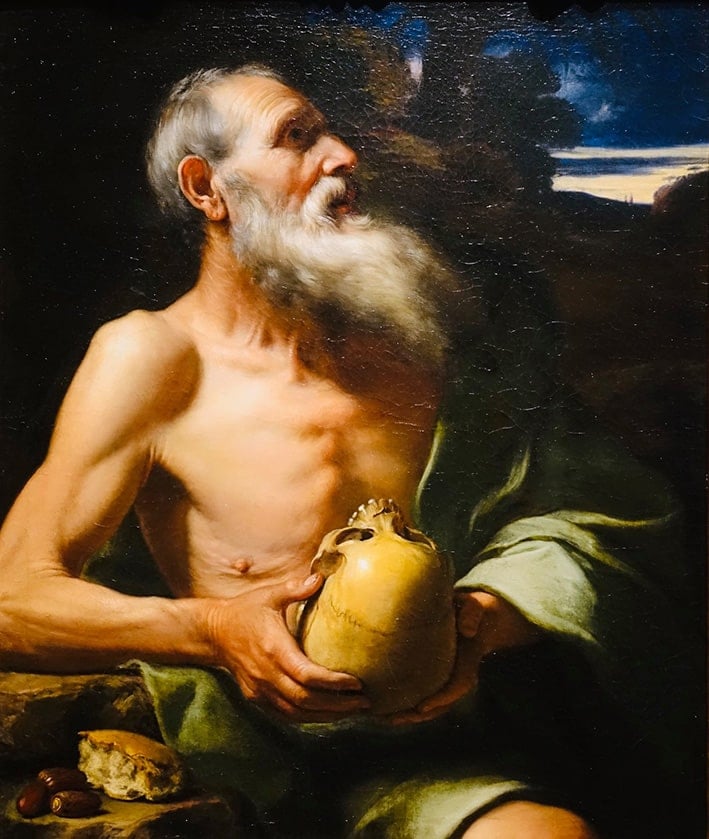
Reflections in our present isolation
The most curious of all Christian vocations is surely that of the holy hermits, known as the “eremitical life”. In pandemic crisis, we found that suddenly we were like hermits, isolated people, living apart, but in quarantine. That word “quarantine” is related to the Latin word for Lent, so a learned lady assured me.
In the “spiritual quarantine” of Lent and in the Easter Season of 2020, families, couples, individuals, women, men, children, infants, have been confined to a house and garden, if we are lucky, or to a flat or just a room. Yet we can and should look out, because there are always “windows”, literally in the wall or through electronic devices, so welcome in these times.

The great rug has gone
Looking out whatever windows we have, reflecting on the global crisis, a first thought may be about our shared pride. A tiny organism brings down our world and suddenly we know that it is not “ours”. We sense that we are powerless, no longer in control, and we feel insecure, mortal and fearful. But why?
That great security rug on which our society rests has been pulled away. That rug was fashioned by humanity so it is a mixture of good and evil. Woven with countless strands of progress and prosperity, buying and selling, getting and keeping, it is also stained by our crimes, matted by our follies, and heavy with the accumulated dirt of centuries. It was patched up or “dolled up” to look good, by the Enlightenment, whose self-sufficient children, so progressive, so “woke” and “autonomous”, now feel uncertain, even lost.
Aged judgemental types, like me, watched as the young immortals were expelled from our Australian beaches. “For ever young”, the refrain of these lovely millennials faded away. Yet we elders are jealous of them, for we are the vulnerable ones. We have faced death by stealth, and we are still afraid.
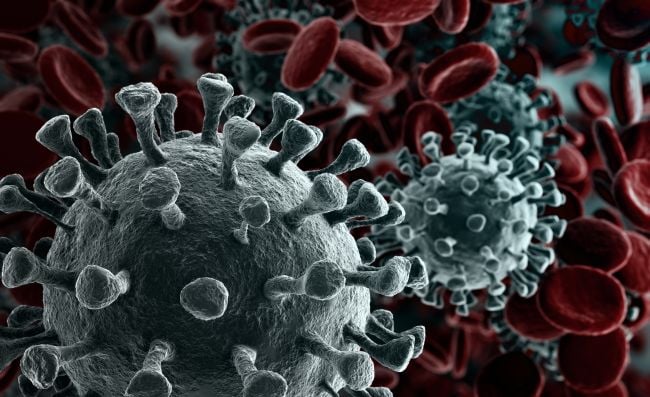
A changed world
Looking out the window at the wider world, I heard the pundits proclaim that globalisation has collapsed. Suddenly every nation claims its own Brexit and our land is revealed as a Federation of sovereign States after all. Yet the socialistic whinge went up, “What will the government do? The government must do something.”
When members of a National Cabinet acted firmly, we did not like what they required. Australians do not like being told what to do, even when our mortality is at stake. Christians reflect on another rebellious effect of original sin that can bubble up in any of us: “Don’t tell me what to do. I will bite the forbidden apple – if I choose.”
Choices narrowed down and then evaporated. Cherished democracy is taken from us, so dangerous that loss of civil liberties because it is setting police-state precedents. Are we now captives in some “hermit kingdom”, locked up in a soft version of North Korea?
The tough rules and solutions were enforced, not just to slow infection, but because the economies are crumbling. The free markets are in free fall, and there go the promises of untrammelled capitalism and its greedy child, consumerism. “Shop until you drop!” Another refrain fades away.
My mother’s memories of the Great Depression come to mind with media images of the long queues of people without work. Caught by surprise, they are what they never thought they would be, “the unemployed”. Will wage subsidy and sustaining free enterprise ease suffering and restore work, dignity and justice for families? At least that is our hope as we peer into the distance, wondering, but no longer certain.
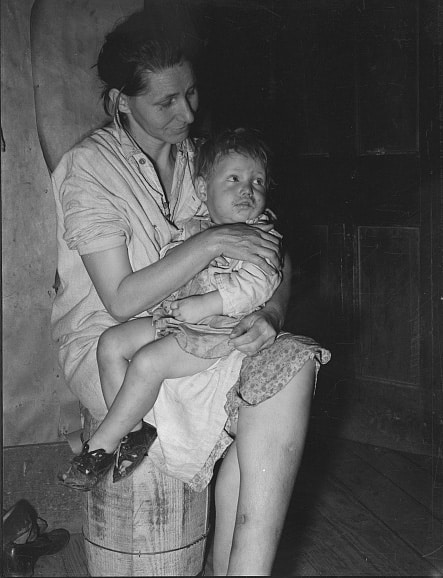
Then there are the most vulnerable ones, out on the margins, unseen but still here, after all as the Lord told us “the poor are always with you”. Who is caring for the street people and the mentally afflicted? The Vinnies as ever will be there, needing our support. In Lent, Project Compassion called us to act generously, to look beyond our problems to nations where greater horrors multiply as this pestilence infects poverty.
At the same time, social tragedy does not move those who exploit misfortune by profiteering and petty price gouging. At a milk bar, I found a roll of toilet paper on offer for $5.50. Original sin is at work again.
By contrast, human goodness shines when tough times produce heroes and we celebrate and applaud them. The medical professionals serve us with commitment, often at great risk and so many of them are tired. Alongside them, skilled medical scientists are working day and night, in a good competition between afflicted nations. My lifelong fascination with science intensifies. Deep down in God’s microscopic creation there are remedies for this pestilence and they are being found.
Some consolation
However, from our hermit homes, we can look out at something else that is both beautiful and consoling, the natural environment, which people of faith call “creation”. As I reflect on the earth our “common home”, I learn to listen.
The birds. Have they been singing all the time and I have just not noticed them, or are they celebrating the end of our noise? This sudden urban silence sharpens awareness of the natural environment. In the city and suburbs, is the air clearer? It seems so, less car fumes I suppose.
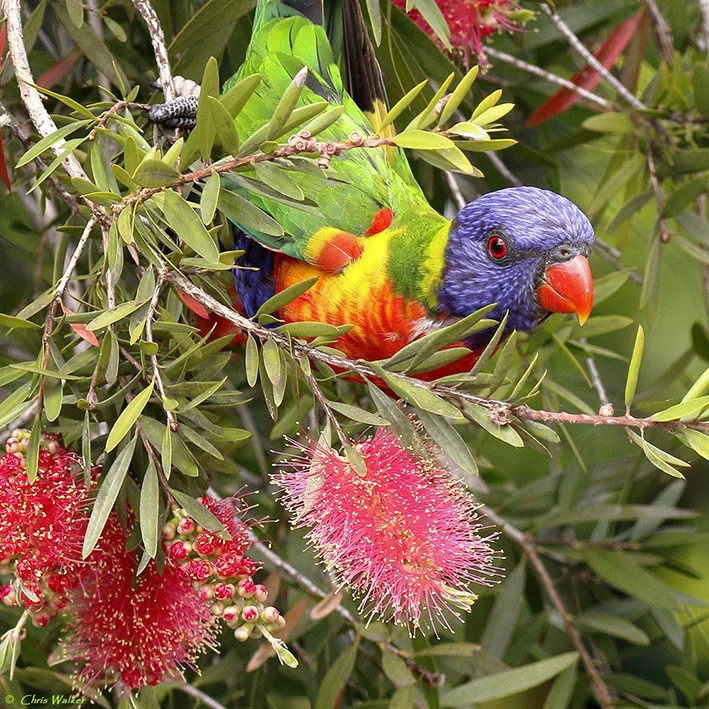
I look more intently at details in my garden. The last explosion of arctic roses, the fading colours of crepe myrtle and the glow of golden elms ushered in this unique autumn of our discontent. The order and cycle of God’s creation goes on, not phased, unchanged, perhaps enhanced by our withdrawal from the scene.
Our animal companions seem to know that the lives of their humans have changed. The cats know, especially Justin my Lilac Burmese, and even some dogs are aware, so he tells me. They look to us and we look to them at this time, and this is good.
Looking within
Yet it is time to close the window for a while and look within. This is when hermit life becomes difficult. Families in particular are forced to face one another as persons. Marriage and family relationships are strained and tested. While tensions are eased by humour, cooking, games, exercise and music, they should not distract us from facing the question “But what really matters?”
Confined in house, flat or room, we were all challenged by Pope Francis. In prayer, he invited us to see this moment in history as “a time to choose what matters in life and what passes away, a time to separate what is necessary from what is not. It is a time to get our lives back on track with regard to you, Lord, and with regard to others.”
Not everyone is sustained by a family. The human challenge of being alone can depress and preoccupy. I have always felt sorry for those atheists who agonize over the distinct possibility that, on planet earth, we may be alone in the universe, lost in space, home alone. But people of faith are not immune from the challenges of loneliness.
“a time to choose what matters in life and what passes away, a time to separate what is necessary from what is not. It is a time to get our lives back on track with regard to you, Lord, and with regard to others.”
This is the time to listen to the hermit saints: Paul the Hermit and Anthony of Egypt, Simon on his pillar, the female recluses such as Julian of Norwich and those Russian hermits who are wise starets. The holy hermits teach us that to be solitary, to live alone, is not necessarily to be lonely. Someone is always there.
He is with us
During his Urbi et Orbe blessing on 27 March, Pope Francis took us into the Gospels with an Ignatian meditation on the word of God. We are out on the lake, in the boat with Jesus and the disciples. We are in a raging storm, and we think he is asleep. But he sleeps not nor is he silent.. “Why are you afraid? Have you no faith?” he says. He has placed us in our Father’s care. He wants us to know that he is with us always.
In the Roman gloom, the Lord then spoke silently. Skilled at symbolic gesture, the Pope raised a noble monstrance and imparted benediction across a deserted rain-swept Saint Peter’s Square. He has also offered us the great apostolic pardon, a plenary indulgence. Benediction and indulgences? In tough times, the Church falls back on her traditions of grace, her blessings, penances and pardons, but in order to move us forward. As a French prelate once said, “Our future is tradition.”
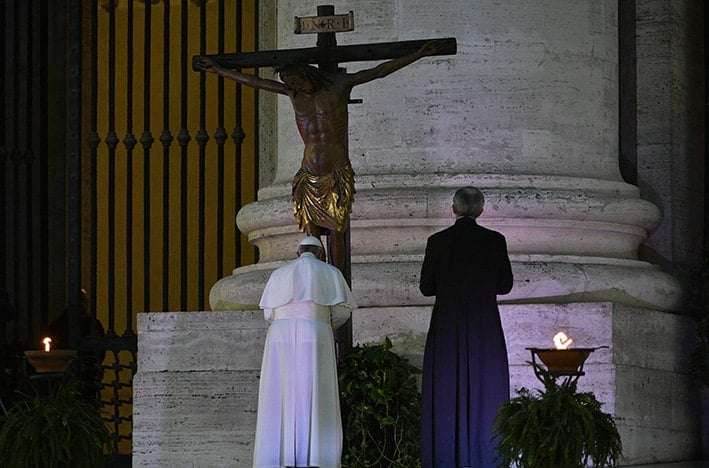
This insight amidst current sacrifices should moderate and reshape the forthcoming Plenary Council. It can no longer be allowed to deteriorate into jostling factions, chattering away in some verbose pastoral congress. We greatly need this Council, but now for new reasons, and these will have to be thought through calmly, patiently and clearly.
The bishops have been listening to the lay faithful, “consulting the faithful”, which Saint John Henry Newman compared to consulting a barometer. To press his words further, the weather has changed without warning and bishops need to listen again.
The Church remains
Much has suddenly been taken from us Catholics: access to Mass and sacraments, to our beloved churches and fine schools, and especially shared life in our parish and school communities.
We miss people: crowds gathered for liturgical worship, familiar faces at the cup of tea after Mass, those ladies saying a discordant rosary, the deaf old man who makes responses too loudly, even the child banging a toy car on the pew, well, perhaps not that one. Now we regret taking them for granted, so spoilt were we by their company and our secure sense of belonging. When something good is taken away, surely we will value it more when it is restored, and hope assures us that it will soon be restored.
However, preoccupied by our losses, have we forgotten the longer and older story of our forebears? In times of persecution most of this communal Catholicism was taken from them: under the Roman Empire, in penal times in Ireland, England even in Australia, during the Soviet era and in some nations today. Yet the Church remained. Lost were her buildings, structures and institutions, and our forebears were driven into their homes, into the little domestic churches. The Church remained because the people are the Church, praying and caring for each other.
The Church
At Jacob’s well, the Lord Jesus warned the Samaritan woman against depending on temples and special places. What matters is not where you worship but how you worship, “in spirit and in truth” (John 4:24). We are the real temple made of living flesh and blood, baptised believers, sealed and animated by the Spirit. May spiritual awareness awaken our understanding of the pilgrim Church proclaimed at Vatican II as the People of God.
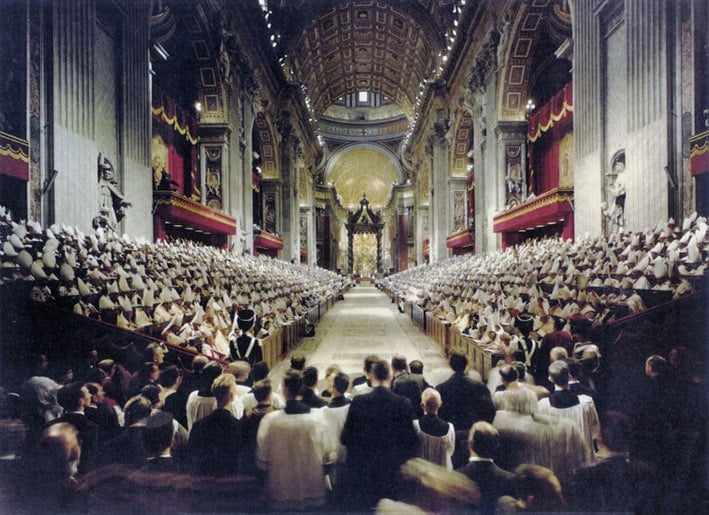
But even when distanced from each other, we are always something deeper, the living cells in the Mystical Body of Christ. This is the Church, not some vague word “church” floating around without a definite article, but the Church. She is a concrete organism, yet a mystery; she is visible in the world, yet supernatural in her life of grace; she prays in her liturgy, yet she worships through Christ priest and head; she is his working body called to change the world, yet her eternal destiny waits in his coming Kingdom.
On earth, she struggles. We cannot avoid this struggle for it is the perennial conflict between good and evil, between light and darkness, between what Saint John Paul II described as the culture of death and the culture of life and love. Here in time we are the Church militant. This is why our struggling condition leads to the grim question.
Divine Justice?
I step away from the window. I sit down. In a focused way, I feel the pain of the global pestilence. It bites. I am sad and I am angry at the deaths of the innocent ones: all those victims, first in China, then in the US and other nations that mean much to me, in beloved England and Italy, beautiful France and noble Spain, and to a much lesser scale in my own homeland. I ask, why?
Lord, is this your Divine Judgement? Are these the “End Times”? Saints, mystics and visionaries for years have foretold the coming of a “great chastisement”. Is this global plague the first phase? Sincere but obsessive people send priests and bishops apocalyptic warnings, marked with much underlining and lots of capital letters. I have consigned that “crank stuff” to the bin. Now I am less sure.
Satan is not in quarantine. We hear that abortions and euthanasia continue, but under “hygienic conditions”, for these are “essential services”. Queensland even contemplates suicide for the mentally ill. Are we under judgment for societies gone wrong and for our own failures?
Pope Francis has steered a cautious path here. The virus is not God’s judgement passed on us but a way of forcing us to judge ourselves, to shed our materialistic self-sufficiency so we can return to that question, “But what really matters?”
Praying with Angels
Windows closed, distractions fading, I try to pray better. A surprise here. I find myself rediscovering the guardian angels. Let me admit a personal difficulty, not with angels as such but with angelic guardians. During a High-Church Anglican childhood, I was not taught to invoke them, now this old prelate is learning to talk to “my guardian dear”.
Some years ago, in a New Age shop, I bought two handsome statuettes of Saint Michael and Saint Raphael. The purchase involved a testy dialogue with the wacky lady in charge of the shop. Her bizarre angelology sparred with cool scholasticism. Now I have brought the statuettes out into prominent places. I light lamps before them, seeking protection, healing, patience in adversity, help for all those relatives and friends in need, the ones I try to telephone, text or email each day. Let me be an angel for them.
On to Easter
Prayer becomes a plea to Jesus, to the Divine Mercy, because Lent in quarantine led to his cross. We gathered there and we beheld his wounds, his pierced Heart, streams of blood and water, our costly redemption only achieved through his suffering, the harsh logic of his involvement in this conflictual world.
“All shall be well, and all shall be well and all manner of things shall be exceedingly well….”
God did not create us as jellyfish floating around in some nice warm sea. We are feeling persons, self-aware beings, called to face the reality of the world and its pain – but with faith. The Pope reminded us that this is faith understood as trust. Jesus, I trust in you.
That trust has brought us through the weirdest Holy Week and Easter of our lives, but it is good for we are not alone. In our cloistered rooms, the risen One stands among us. He shows us his wounds as he says, “Little ones, do not be afraid. Shalom! – my Peace!” And, from her hermitage, across the centuries, Mother Julian of Norwich gently responds, “All shall be well, and all shall be well and all manner of things shall be exceedingly well….”
Related
• Keeping the Faith in a Covid19 world
• One million-plus watch Cathedral Easter liturgies
